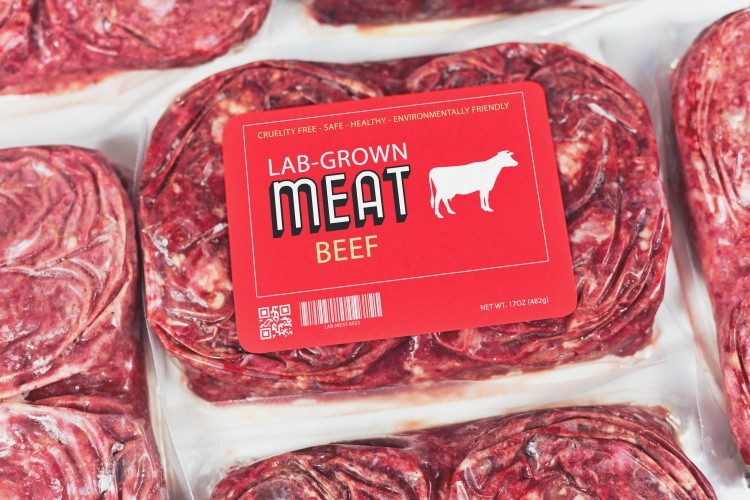By Victor Hill
We know that veganism is on the rise and that a growing proportion of the population feels uncomfortable about rearing and slaughtering animals for food. Vegans eschew all animal products, while vegetarians avoid meat but allow some dairy and other animal-derived products such as milk, butter and eggs.

Then there is a new breed of semi-vegetarians who go by the modern moniker of “flexitarian.” You will even meet people who have given up meat but still eat fish (pescatarians). Even amongst meat-eaters, there are those who will only eat grass-reared lamb or beef and who avoid all processed meats – I am one of these, but my tribe does not yet have a name. Mark Zuckerberg, founder and chief executive of Meta, only eats animals that he slaughters himself. I don’t know the group name for such people either.
Vegan and vegetarian voices are growing louder – some would say shriller. Almost every day we meat-eaters are bombarded with the message that we must eat less meat and dairy produce in order to save the planet. In the UK, about one in three people claims to be vegan, vegetarian or flexitarian – and yet meat consumption in absolute terms is still rising here and across the world.

There are four types of argument against meat-eating. The first is that it is unethical – we don’t have the right to kill animals. The second is that that meat-eating is unhealthy – it’s actually bad for us. The third argument is that rearing animals is carbon intensive and that we can only get to net-zero carbon if we stop rearing livestock. The fourth argument is religious in character. I’ll say something about each of these arguments in turn.
** Click here to read the full-text **








